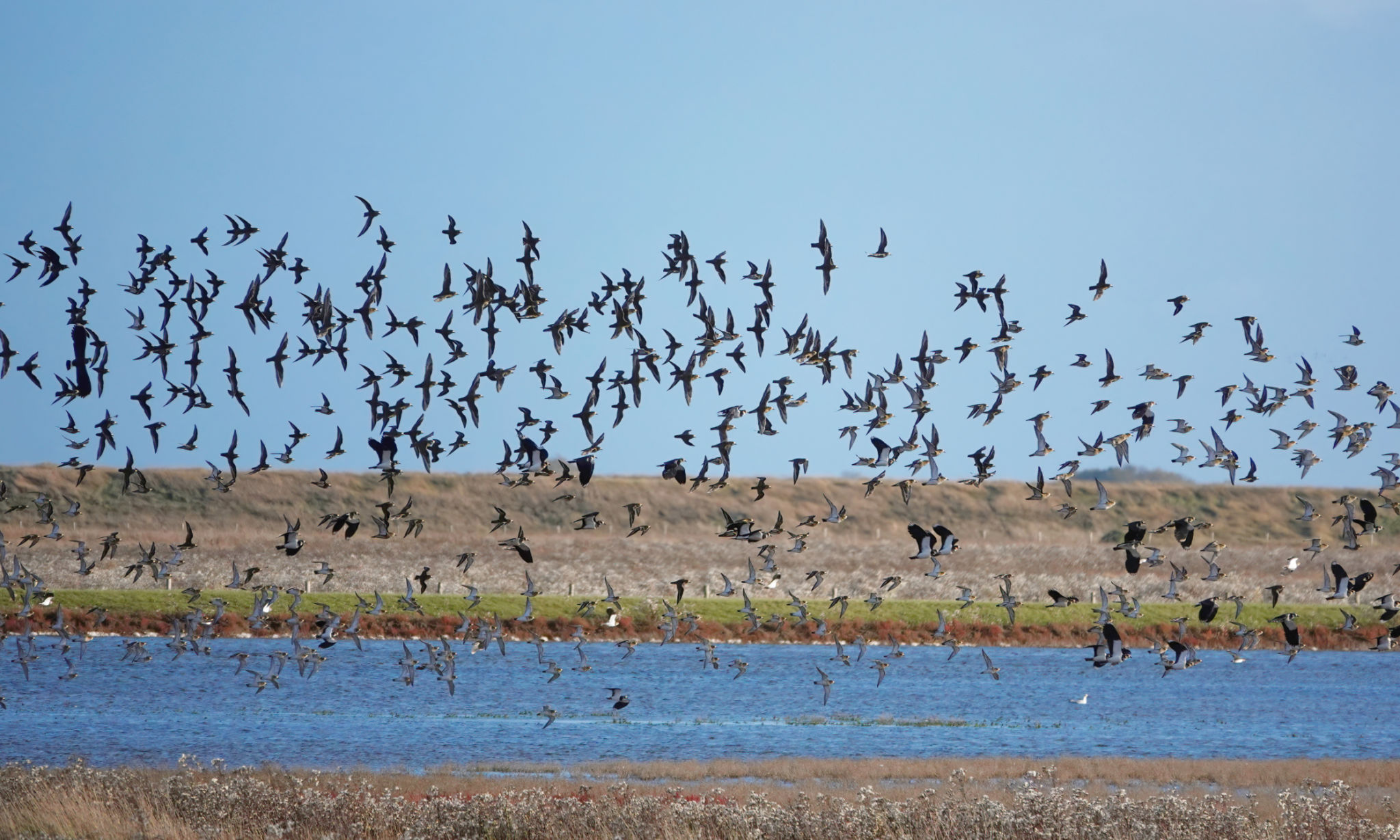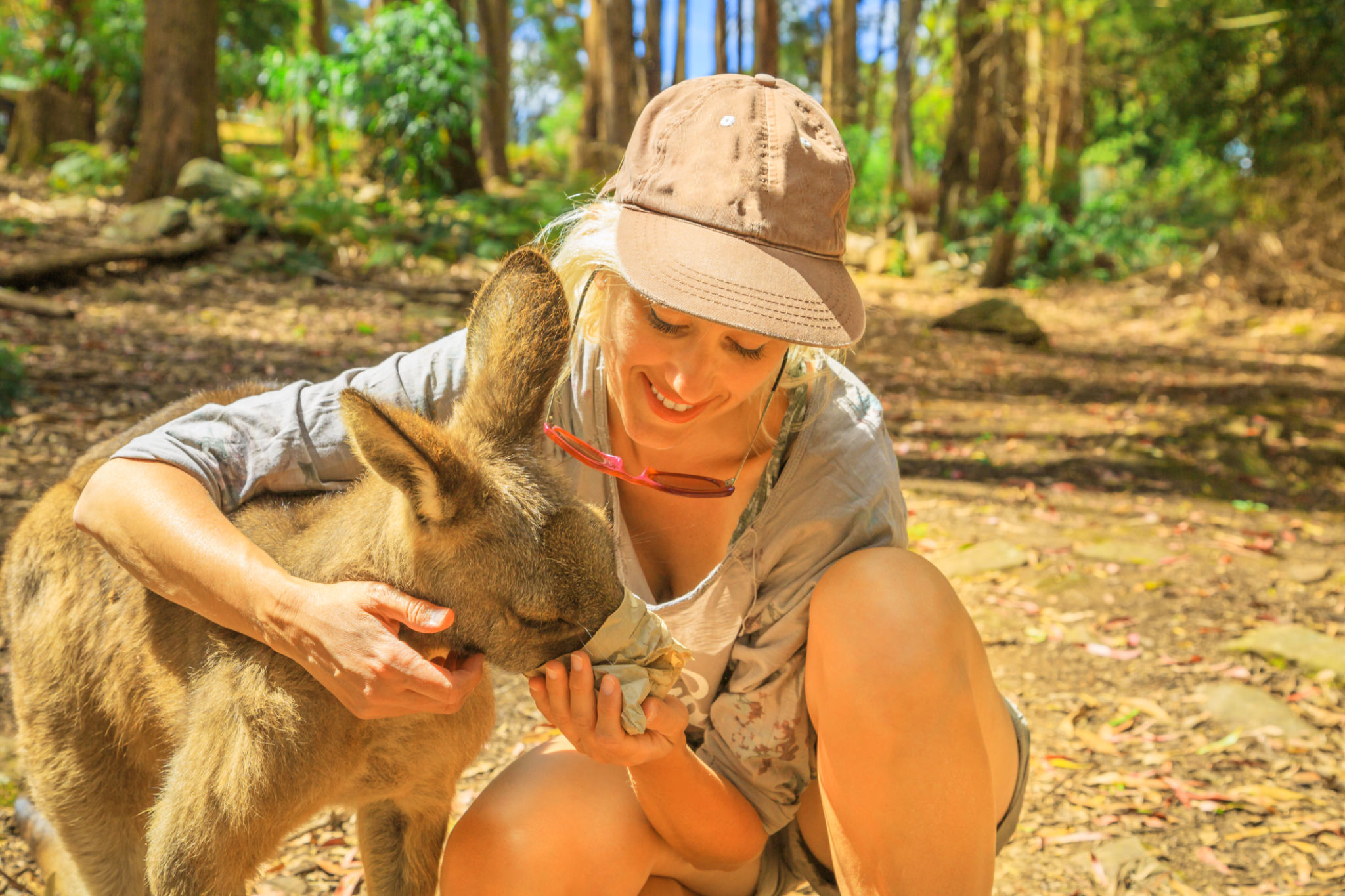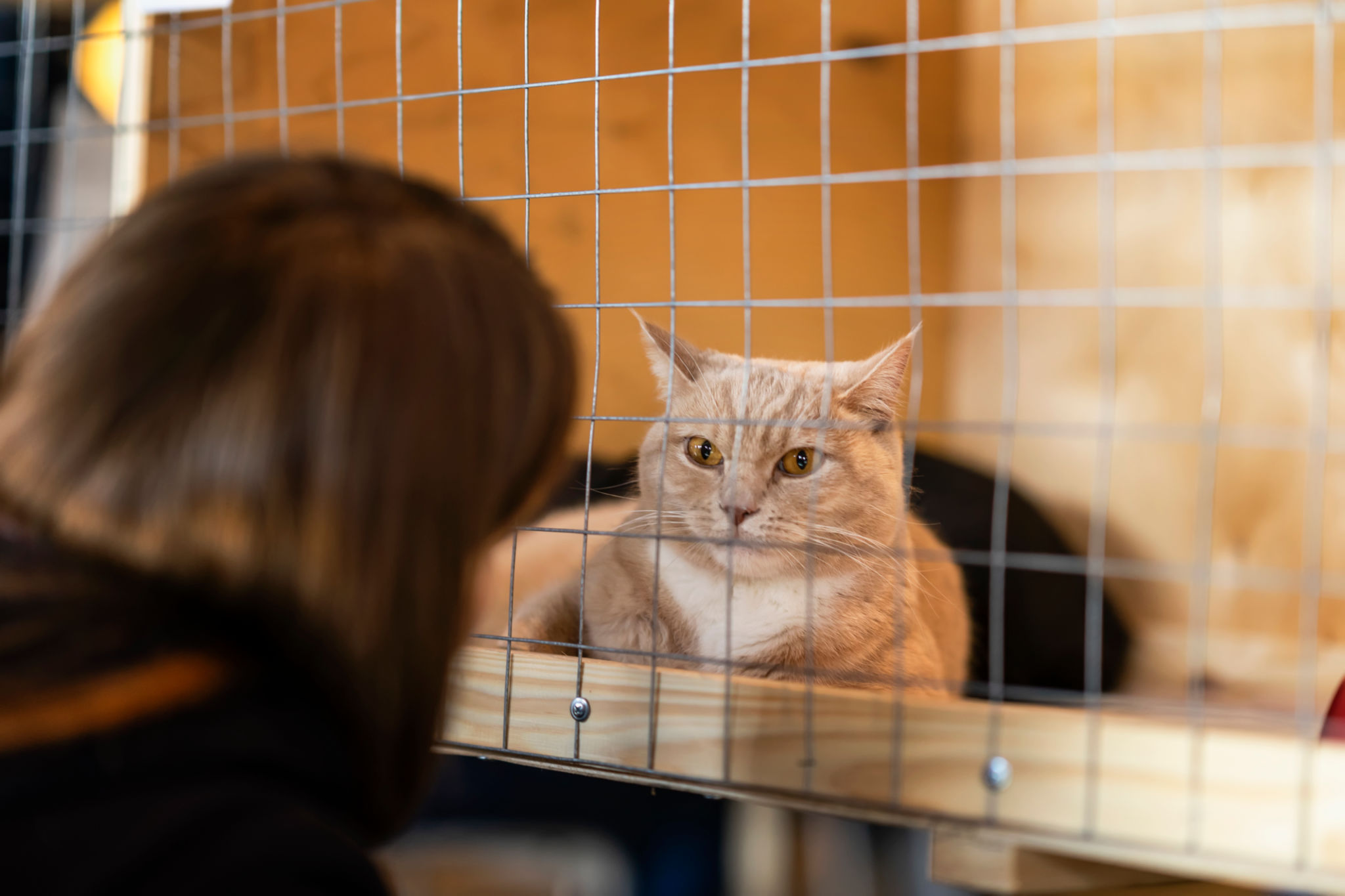How to Get Involved in Wildlife Conservation: A Step-by-Step Guide
Understanding Wildlife Conservation
Wildlife conservation is a crucial effort to protect species from extinction, maintain biodiversity, and ensure that natural ecosystems continue to thrive. Whether you are passionate about a specific animal or the environment as a whole, getting involved in wildlife conservation is a rewarding endeavor. This guide will walk you through the steps to make a meaningful impact.

Educate Yourself
Before jumping into action, take the time to educate yourself about the issues affecting wildlife. Understanding the challenges, such as habitat loss, climate change, and poaching, will prepare you for informed activism. Consider reading books, watching documentaries, and following reputable wildlife organizations on social media.
Research Local Wildlife
Start by researching the wildlife native to your area. Identify species that are endangered or threatened and learn about the specific issues they face. This local focus can help you understand how global conservation efforts play out in your community.
Get Involved Locally
Once you have a solid understanding of wildlife conservation, it's time to get involved. Join local conservation groups or volunteer at wildlife sanctuaries and nature reserves. These organizations often need help with various tasks, from administrative duties to fieldwork.

Participate in Citizen Science Projects
Citizen science projects allow you to contribute to real scientific research. By collecting data on local wildlife populations or participating in biodiversity surveys, you can provide valuable information to scientists. Look for projects online or through local universities and conservation groups.
Advocate and Raise Awareness
Use your voice to advocate for wildlife conservation. Share information on social media, write to local representatives about conservation policies, or start a blog to raise awareness. Engaging your community in conversations about wildlife protection can lead to broader support for conservation initiatives.

Reduce Your Environmental Impact
Your personal habits can also affect wildlife conservation. Reduce your environmental footprint by minimizing waste, using sustainable products, and supporting eco-friendly companies. Small changes in your daily routine can collectively make a significant impact on natural ecosystems.
Support Conservation Efforts Financially
If possible, consider donating to organizations dedicated to wildlife conservation. Many groups rely on donations to fund their critical work, including habitat restoration and anti-poaching efforts. Even small contributions can help sustain these essential activities.
Adopt a Species
Many organizations offer adoption programs where your financial support directly aids the care and protection of specific animals. These programs often provide updates on the species you are helping, making it a personal and engaging way to contribute to conservation efforts.

By taking these steps, you can play an active role in safeguarding our planet's wildlife. Whether through education, direct action, advocacy, or financial support, every effort counts in the fight to preserve biodiversity for future generations.
